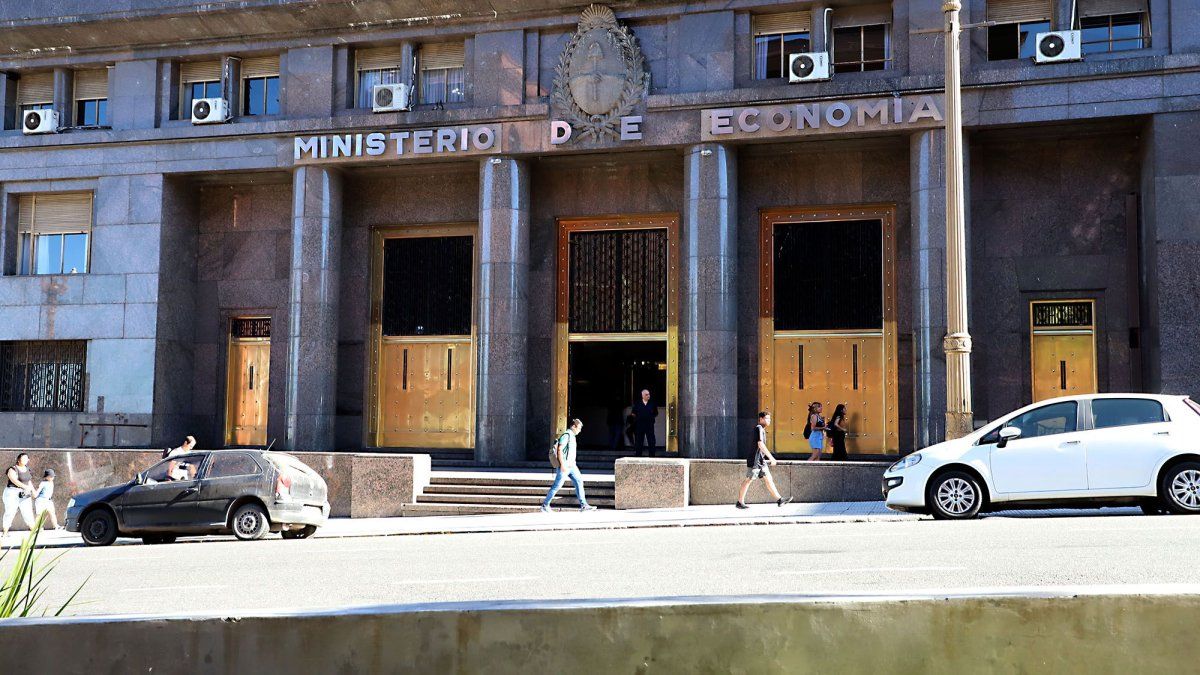For years, people stood still when it came to migration, but now the EU has agreed on a comprehensive asylum reform. But the compromise is on shaky ground.
After years of negotiations, the EU can tackle a major asylum reform. An agreement reached in Brussels on Wednesday provides for numerous tightening of the previous rules. “In this way, we are limiting irregular migration and relieving the burden on the states that are particularly hard hit – including Germany,” said Chancellor Olaf Scholz (SPD). Human rights organizations, however, expressed sharp criticism.
Specifically, the agreement between EU states and the European Parliament provides, for example, for uniform procedures at the European external borders. In particular, there are plans to deal much more harshly with people from countries that are considered relatively safe. Until a decision on the asylum application is made, people should be able to be accommodated in detention camps under prison-like conditions for up to twelve weeks. In the future, people who come from a country with a recognition rate of less than 20 percent and people who are considered a threat to public safety will have to go through such a border procedure.
The reform has been in the works since the refugee crisis of 2015/2016. At that time, countries like Greece were overwhelmed by the immense number of people from countries like Syria and hundreds of thousands were able to move on to other EU countries without being registered.
Money against refugees
According to the plans, the distribution of those seeking protection among the EU states will be reorganized using a “solidarity mechanism”: If the countries do not want to accept refugees, they must provide support, for example in the form of monetary payments. This was a bone of contention for a long time, especially in the negotiations between the EU states, as countries like Hungary rejected a duty of solidarity. However, the EU states were able to agree on a common position in June even without Hungary’s consent.
There is criticism of the plans, among other things, because unaccompanied minor refugees and families with children could also end up in the strictly controlled reception camps. The federal government and the European Parliament tried to prevent this, but failed in the final negotiations due to resistance from countries like Italy.
The Green Youth therefore demanded: “German approval of this reform, which means a massive disenfranchisement of refugees, must be withdrawn immediately.” However, Foreign Minister Annalena Baerbock indirectly ruled this out. The Green leader described the agreement on the reform as “urgently necessary and long overdue”. The European Parliament and the EU states still have to finally approve the deal. This is usually considered a formality.
Concern for human rights at the external borders
In addition to the protection of children and young people, the planned crisis ordinance caused criticism. In the future, it will be possible to deviate from standard asylum procedures in the event of a particularly strong increase in migration. For example, the period during which people can be held in prison-like conditions can be extended. In addition, the circle of people who are eligible for the planned strict border procedures could be increased. Because of the federal government’s concerns about human rights standards, there was no progress in this part of the reform for a long time.
“It is obvious that the negotiations were primarily about sealing the external borders even more tightly and not about protecting people better,” criticized the organization Save the Children.
There was also criticism that rejected asylum seekers could be more easily deported to safe third countries in the future. Because with the agreement, more third countries can now be classified as safe, this also applies to mere sub-areas of states. National assessments can also be the basis for this. The expansion could lead to “new deals with autocratic governments that violate human rights,” criticized Pro Asyl.
Traffic light agrees on easier deportations
The traffic light groups also agreed on a compromise on two draft laws for faster naturalization and easier deportations. The two projects were not placed on the Bundestag agenda for final discussion and voting in the last week before Christmas as originally planned because the Greens in particular wanted improvements that were rejected by the FDP.
According to the federal government’s draft law, immigrants should in future be able to become citizens after five years of residence in Germany, provided they can support themselves without government help. So far they have to live in the country for at least eight years. If you perform well at school or at work, have good language skills or do voluntary work, naturalization should be possible after just three years. Anyone who wants a German passport should no longer have to give up their old one. This already applies to EU citizens and some special cases, but not to people from Turkey, for example.
By simplifying procedures, the traffic light also wants to ensure that deportations no longer fail so often at the last moment, for example because those affected cannot be found. The maximum duration of detention on departure is to be extended from the current 10 to 28 days.
Source: Stern
I have been working in the news industry for over 6 years, first as a reporter and now as an editor. I have covered politics extensively, and my work has appeared in major newspapers and online news outlets around the world. In addition to my writing, I also contribute regularly to 24 Hours World.




